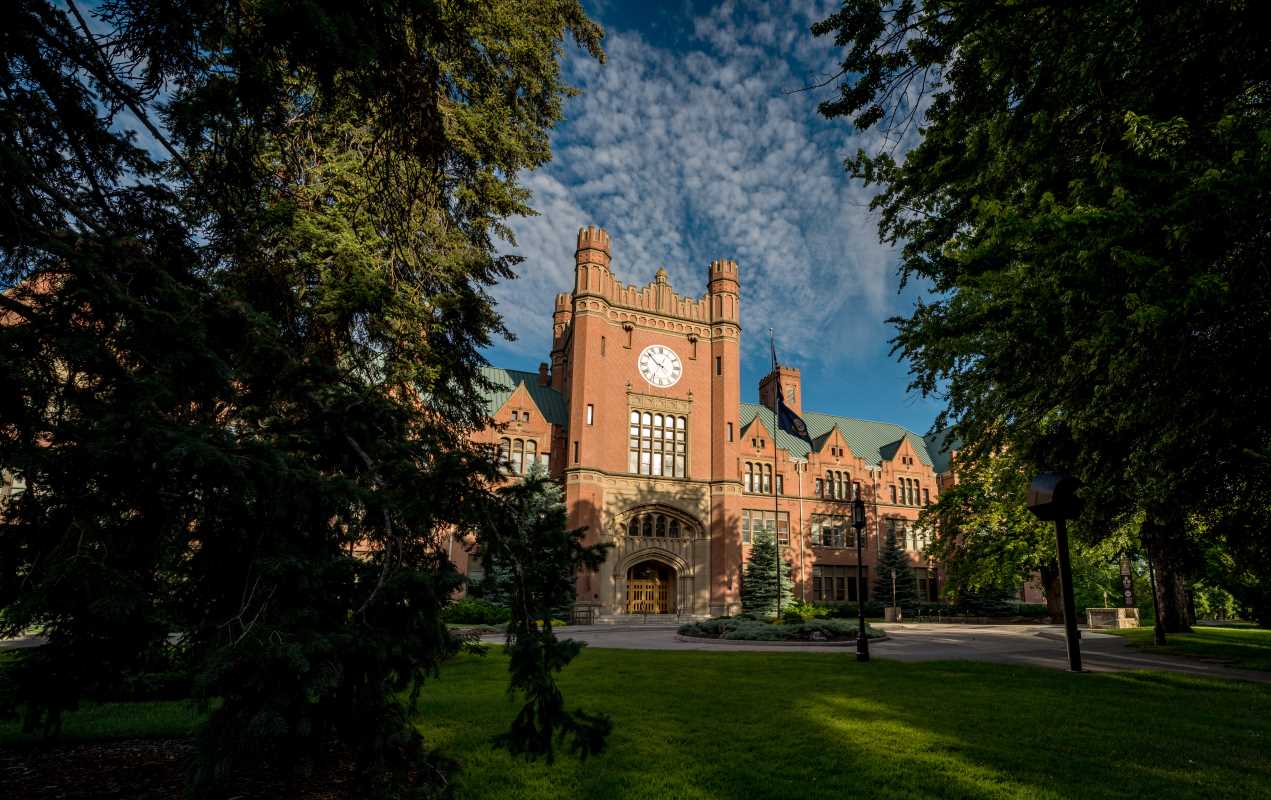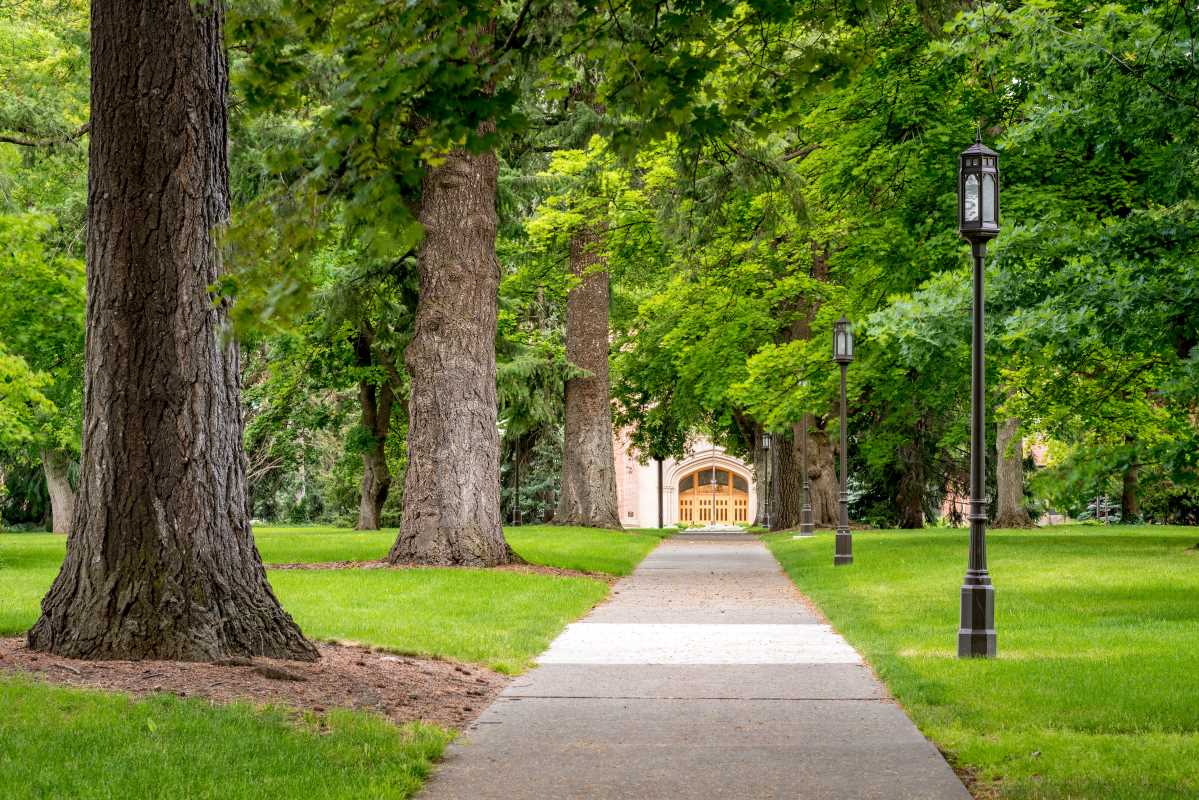Deciding to take a gap year before college can be a life-changing choice. While traditional pathways might push students directly from high school to higher education, pausing for a year offers a unique opportunity to grow, explore, and prepare for the future. Whether you’re a student considering this option or a parent hesitant about the idea, this guide lays out the many advantages of taking a step back before taking a leap forward into college life.
Personal Growth Beyond the Classroom
A gap year offers a break from structured education, enabling students to grow in ways that a traditional classroom setting often can’t provide. It’s a time to develop independence, resilience, and maturity.
Learning Responsibility
Managing a year outside of school helps young adults gain a stronger sense of personal responsibility. Whether they’re traveling, working, or volunteering, they’ll need to budget their money, manage their schedule, and make decisions without the constant guidance of teachers or parents. These skills lay a solid foundation for thriving in the less structured environment of college.
Building Confidence
Stepping out of one’s comfort zone is a common theme during a gap year. Imagine someone hesitant to speak another language deciding to backpack through Europe. Each new experience builds confidence, proving they can face and conquer challenges.
Tip: Keep a journal during a gap year. Documenting highs and lows helps reflect on growth while creating memories to cherish.
Gaining Real-World Experience
One of the most compelling reasons to take a gap year is the chance to gain hands-on experience. Life outside high school isn’t just about academics. A gap year teaches skills and offers exposure to the world in ways that formal education often doesn’t.
Work Experience
Taking a job during a gap year provides valuable insight into workplace dynamics. Whether it’s a part-time position at a local business or pursuing an internship in a specific industry, students can develop communication, teamwork, and problem-solving skills. This experience not only boosts their resume but can also clarify whether a particular career path holds long-term appeal.
Volunteering
Many students use their gap year to give back through volunteer work, whether locally or abroad. Beyond making a difference in others’ lives, volunteering fosters empathy, adaptability, and global awareness. For example, working in disaster-relief efforts can teach resilience, while helping at a shelter might ignite a newfound passion for social work or healthcare.
Travel
Traveling during a gap year is another powerful way to gain life experience. Exploring different cultures, languages, and perspectives offers lessons that cannot be learned in a classroom. For instance, visiting historical sites in Greece or engaging with artisans in Bali brings history or art lessons to life in unforgettable ways.
Pro Tip: Consider programs like WWOOF (World Wide Opportunities on Organic Farms) that combine travel and hands-on work experience.
Exploring Career Interests
Many students enter college unsure of their major or career goals. A gap year can provide the clarity needed to make more informed decisions and avoid the costly mistake of switching majors halfway through.
Shadowing and Internships
A gap year is a great time to shadow professionals or secure internships in fields of interest. If someone dreams of being a veterinarian, they could spend time working at an animal shelter or veterinary clinic to confirm their passion for the field. By doing so, they gain experience, references, and confidence in their academic direction.
Learning New Skills
From coding to culinary arts, a gap year is perfect for experimenting with new skills or hobbies. Online courses and community workshops offer endless opportunities to discover interests that could shape future careers. A student might discover they love coding after taking an online Python course or decide on architecture after volunteering with Habitat for Humanity.
Researching Passions
Students often feel pressured to pick a major too quickly. A gap year allows them time to think, explore, and research various career paths. For instance, someone interested in healthcare might spend part of the year volunteering at a hospital while also taking certification courses, like becoming a certified nursing assistant (CNA).
Avoiding Burnout
Going straight to college after high-pressure high school years can leave students feeling drained. A gap year offers a much-needed mental reset.
Recharging Mentally
Overloading on academics without a break can lead to burnout. According to the American Psychological Association, nearly 40% of college students report feeling overwhelmed by their academic workload. A year off gives students the chance to focus on their mental health, relaxation, and self-awareness, which can be critical in preparing them to tackle the challenges of higher education.
Renewed Motivation
By stepping back from the grind, students often return to academics with a clearer sense of purpose. Whether they’ve spent the year exploring interests or simply taking time to recharge, many find renewal in their motivation to excel when they finally step into the classroom.
Tip for Parents: If you’re worried about your student losing momentum, encourage setting structured goals during the gap year, like enrolling in a few online academic courses while exploring other interests.
The Practical Side of a Gap Year
While the benefits are significant, many parents and students worry about the practicalities of taking a year off. These concerns, while valid, are manageable with proper planning.
Can It Affect College Admissions?
No! Many colleges view a gap year as a positive choice. Students returning from gap years often bring unique perspectives and experiences that enrich classroom discussions. Some colleges even allow accepted students to defer admission to pursue a gap year, further highlighting its value.
Funding Your Gap Year
A gap year doesn’t have to be expensive. There are countless low-cost or even free opportunities. Programs like AmeriCorps or Peace Corps provide stipends and benefits for volunteering, while organizations like Global Citizen Year offer scholarships for travel experiences. Working a part-time job for part of the year can also help fund travel or other experiences.
Staying on Track Academically
To ensure students remain on track, they can incorporate mini academic goals during their gap year. This might include taking community college classes, enrolling in language courses, or preparing for any required exams.
Gap Year Success Stories
Some of today’s most successful individuals credit their gap year as a pivotal moment. Malia Obama, for instance, took a gap year before attending Harvard. She spent her time traveling and interning, gaining a broader worldview. Many students report feeling more focused and intentional about their studies and careers after returning from their year off.
If you're considering a gap year but still hesitant, think of it as an investment in long-term success. A gap year before college isn’t just a break; it’s an opportunity for personal growth, self-discovery, and preparation for the future.
 (Image via
(Image via





